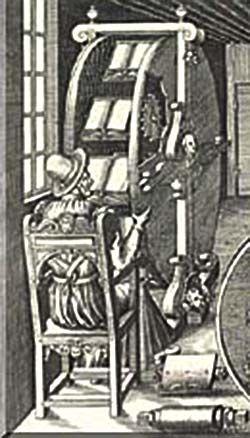 I've been doing a lot of readin' these past few days on forums and other blogs. (That's me, on the left, at my Remelli reading wheel. My laptop's on the floor to my right.) A lot of people are bitchin' about pricing, and RF, and so on. I've done that a few times here, hopefully somewhat constructively. However, in the end, I figure my revenue stream is fairly good. I can't see any lunatic justifying "earning" $0.50 off a license for a photo. You can't even buy a stamp with the $0.25 you have left after taxes.
I've been doing a lot of readin' these past few days on forums and other blogs. (That's me, on the left, at my Remelli reading wheel. My laptop's on the floor to my right.) A lot of people are bitchin' about pricing, and RF, and so on. I've done that a few times here, hopefully somewhat constructively. However, in the end, I figure my revenue stream is fairly good. I can't see any lunatic justifying "earning" $0.50 off a license for a photo. You can't even buy a stamp with the $0.25 you have left after taxes.
My assignment fees range, of course, in the $500+expenses range easily to the nearing $2k mark for editorial, and start around $1k and frequently get above $3k for limited licensing of corporate work. I have also completed assignments that exceed $10k. In other words, my fees (and associated expenses) range according to complexity, extensive uses, and so on. For each assignment, I EARN what I am paid. (How the heck else do you think I could afford something so eccentric as a reading wheel??)
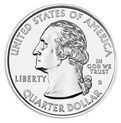 Now:
Now:
Try dialing 411 on your cell phone - $1.50
Try buying the local paper - $0.35
Try buying a hot dog and soda at Costco - $1.50
Try feeding a parking meter for an hour - $0.50
None of these things can you cover the cost of, with your after-tax profits of $0.25 from that $1 stock sale. You have spent more time working to produce that image than you'll earn on it, almost without exception, FOREVER.
I make no apologies for a fair, thoughtful, and earned revenue stream. I do what I can with portions of that, and my time, to give back to try to help others, and I am often saddened by others who don't have enough self-respect to charge similarly (self-determined) fair and thoughtful rates for their work.
And don't, for a minute, try to suggest that when you get paid $0.50 for the use of your image, you earned anything. You did not. Each use of that photograph represents a net loss. And, woe the businessman who sold everything he had below cost, loosing a few dollars on each, expecting to make it up on volume.
When I see people willing to work for photo credit, or for less than you could rent the equipment you are using and hand it to a monkey to make pictures, what I see people earning, is a reputation as a chump, or as a sucker.
If the local camera store rents a Nikon D2x ($125), single lens ($35), and strobe ($10) for $170, and you take an assignment for $150, you're the sucker. See, the camera store amortized that camera over it's useful (and functional) life, and determined what it cost them to have available for use, plus a moderate profit. When you use your same equipment (plus other lenses, and redundant cameras if you're professional), those same figures apply to you, and taking $150 is paying for the privledge of being that client's sucker. You didn't earn anything. You took a loss, and those losses will compound, over a year or two, and you'll be out of business. And, as PT Barnum once said, "there's a sucker born every minute", so, have no fear, someone will, in ignorant bliss, step in to take their chump change once you're out of the picture.
When you are paid a fair wage, plus profit, you appreciate what you earned. You earn respect from your clients as a professional that can contribute talent to a project. Two years ago, I was called on by a large corporate sponsor to cover a big Spring parade here in Washington. The fee plus expenses for a five hour day on a Saturday exceeded $3,500, with a limited rights package. Last year, someone got the bright idea that it could be done for (a lot) less, and I didn't get it (I asked and it was a lot less). I asked why (which I always do), and the client said price. "No problem, I hope to work with you in the future", I said, and I meant it. Low and behold, something didn't work out last year, because they came back to me again this year. "My fees have increased slightly since two years ago," I said. "No problem, please send along an estimate. This year we probably have two days we'll need you for", they said. "Great, I'll get those estimates right out to you. The rights packages will be the same, with a nominal increase in fees/expenses from two years ago" I said.
Two years ago, I earned that assignment's revenue. It was a profitable assignment for me. Last year, someone had the not-so-bright idea that a monkey with rental gear could do the job, so I did not do it. This year, I am appreciative that they have have returned and remember the level of service and quality images that were delivered when I did it last. I look forward to earning these upcoming assignment's revenue, and earning back this client's understanding of the value that I bring to bear on each assignment.
Respect, and especially self-respect, is not for sale to the lowest bidder, just ask the starlet hoping to make it big as an actress who starts out in adult flicks. For some reason, that just never works out for her. Ask the late night "if you've got a phone, you've got a lawyer" guy. Respect is earned, and not through nickel-and-dime "sales", but rather valuing your own work. Interestingly enough, it seems that the higher you price your time and licensing fees, the greater respect you get. Sure, you might have fewer assignments, but you'll have earned so much more respect for the work that you do do.
Please post your comments by clicking the link below. If you've got questions, please pose them in our
Photo Business Forum Flickr Group Discussion Threads.
[More: Full Post and Comments]
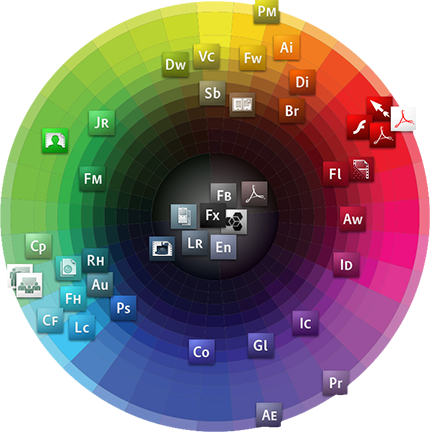

 I've been doing a lot of readin' these past few days on forums and other blogs. (That's me, on the left, at my Remelli reading wheel. My laptop's on the floor to my right.) A lot of people are bitchin' about pricing, and RF, and so on. I've done that a few times here, hopefully somewhat constructively. However, in the end, I figure my revenue stream is fairly good. I can't see any lunatic justifying "earning" $0.50 off a license for a photo. You can't even buy a stamp with the $0.25 you have left after taxes.
I've been doing a lot of readin' these past few days on forums and other blogs. (That's me, on the left, at my Remelli reading wheel. My laptop's on the floor to my right.) A lot of people are bitchin' about pricing, and RF, and so on. I've done that a few times here, hopefully somewhat constructively. However, in the end, I figure my revenue stream is fairly good. I can't see any lunatic justifying "earning" $0.50 off a license for a photo. You can't even buy a stamp with the $0.25 you have left after taxes. Now:
Now: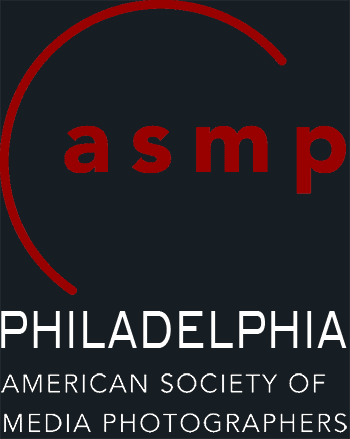 Best Business Practices for Photographers
Best Business Practices for Photographers Monte Zucker, you may have heard, has gone on to his great reward. Monte first came into my consciousness when I learned that he and I shared the same lab, Custom Touch, in Hyattsville, Maryland. While I only met Monte once, he was legend amongst photographers, and rightly so.
Monte Zucker, you may have heard, has gone on to his great reward. Monte first came into my consciousness when I learned that he and I shared the same lab, Custom Touch, in Hyattsville, Maryland. While I only met Monte once, he was legend amongst photographers, and rightly so.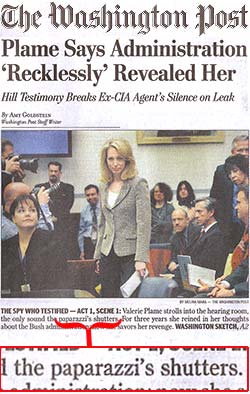 When I picked up Saturday's Washington Post, I read the front page article by hack tabloid journalist Amy Goldstein, and then further read the trash written by that other muckraker Dana Milbank....
When I picked up Saturday's Washington Post, I read the front page article by hack tabloid journalist Amy Goldstein, and then further read the trash written by that other muckraker Dana Milbank....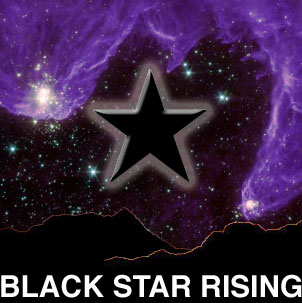 One of the things I have long held in high regard is my relationship with my agency - Black Star. They are a true photo agency, looking out for the best interests of their photographers, as opposed to those of Wall Street investors. Fair rates are secured, rights packages are licensed, and so on. They have had a blog running for awhile, Black Star Rising, and they've asked me to contribute to it (and I've created my own graphic to illustrate that). So, from time to time, I'll be posting over there, and encourage you to hop on over to the article that I wrote there instead of perusing it here. There are a bunch of other interesting articles to read there as well. The link for the article on the importance of marking up one's costs is:
One of the things I have long held in high regard is my relationship with my agency - Black Star. They are a true photo agency, looking out for the best interests of their photographers, as opposed to those of Wall Street investors. Fair rates are secured, rights packages are licensed, and so on. They have had a blog running for awhile, Black Star Rising, and they've asked me to contribute to it (and I've created my own graphic to illustrate that). So, from time to time, I'll be posting over there, and encourage you to hop on over to the article that I wrote there instead of perusing it here. There are a bunch of other interesting articles to read there as well. The link for the article on the importance of marking up one's costs is: 